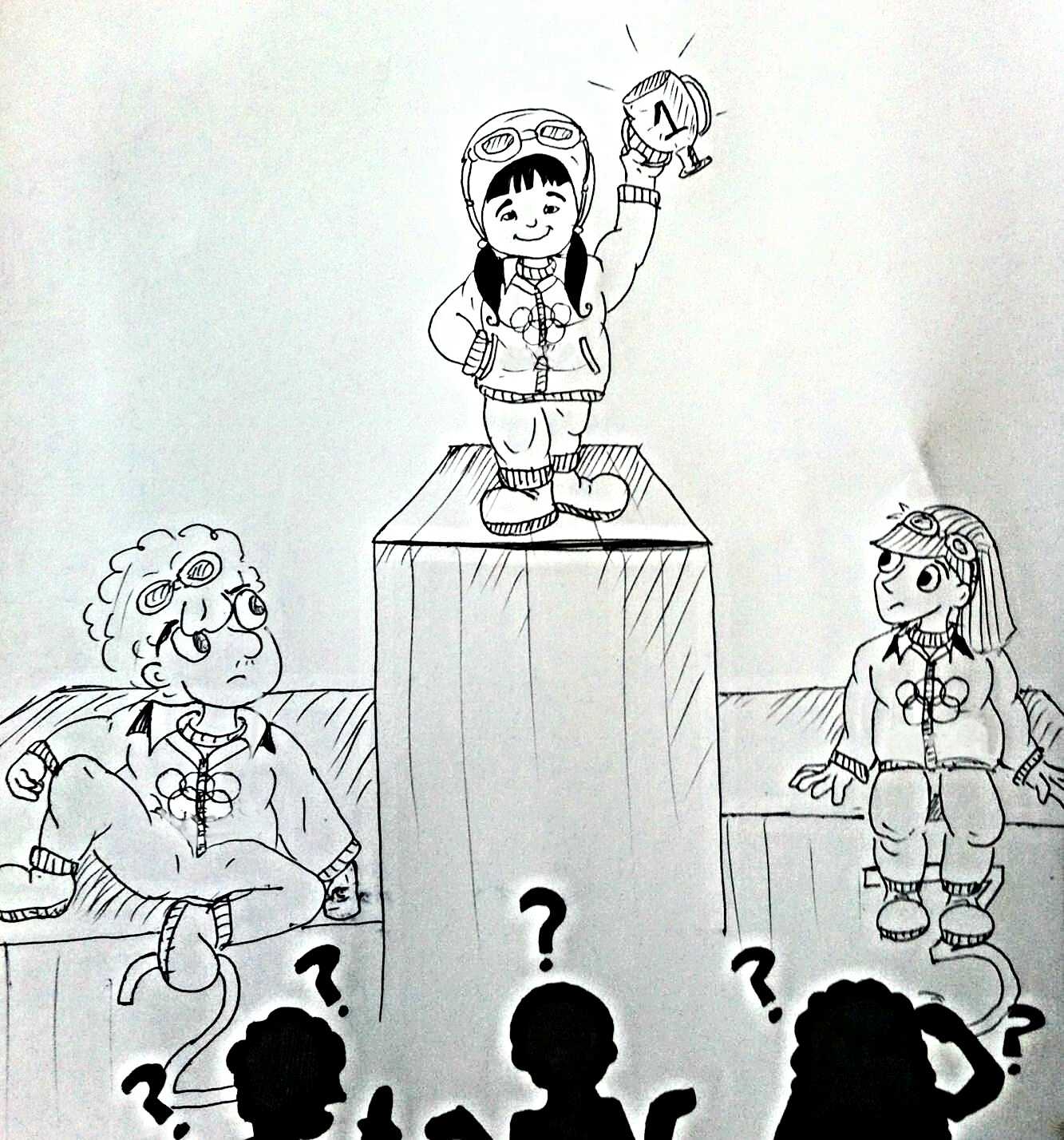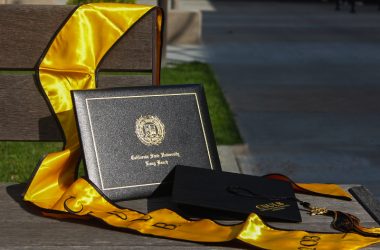Even after the Olympic Torch was extinguished on Sunday, controversy continues to surround the Sochi Winter Olympics.
Whether it’s the questionable hotel accommodations or the anti-gay propaganda, Sochi hasn’t been able to catch a break.
The latest controversy with the women’s figure skating results has put the credibility of the International Olympic Committee’s judging process on thin ice.
Surprisingly, South Korea’s Yu-na Kim earned a silver medal, even though Russian skater Adelina Sotnikova stumbled in her final performance of the competition.
The results raise a number of questions, such as the following: Was there any foul play involved with the judging? Should the IOC reevaluate the judging process for this event? Does the dissatisfied public deserve answers?
Let’s look at the potential for foul play. The nine judges were chosen from a pool of 13, and the bulk of the judges were only working one event – either the long or the short skating program. So after the first event, some members of the judging panel were switched out.
Judges from the U.S., South Korea, Great Britain and Sweden were replaced by two judges who have been cast under a harsh light. Ukranian Yuri Balkov was kicked out of judging for a year after a Canadian judge recorded him trying to fix the Nagano ice dancing competition on tape, according to an article from USA Today.
A second replacement judge was Alla Shekhovtseva, who is married to Russian Federation general director Valentin Pissev. Finally, a third replacement judge from France, which was also the country that conspired with Russia to try and fix the pairs and ice dancing competition at the 2002 Salt Lake City Olympic Games.
What was IOC’s response?
Fox Sports reported that IOC Spokesman Mark Adams said, “I think you’re getting a little ahead of yourself.” Adams commented further that there has been no “official complaint” from South Korea, or any other country for that matter, and that until there is, the “scandal” does not exist.
But what about the Change.org petition circulating the globe? One that has gathered close to two million signatures, with 90 percent of the signatures stemming from South Korea.
The petition, though, does not require the judges to re-examine the women’s figure skating results. It is simply calling the IOC to action and demanding more transparency in the judging system.
We would like to see the IOC at least state on record that the scores are final, the judging was honest and merit-based, and that the world should simply train hard and come back in four years.
We also do not believe the general public holds any merit when it comes to judging female figure skating, or any professional sport for that matter.
However, the IOC should at least acknowledge the controversy surrounding its results.
The IOC can easily send out a statement to the public critics and explain the judging process.
Although the play-by-play and points accumulated through each figure skating performance is available on ESPN, there is no explanation as to how each lift, spin and turn in the video is judged.
If the IOC continues to ignore the public voice, especially when it’s close to two million voices, we feel that the IOC and Sochi will both acquire a negative reputation.
As long as the IOC handles this controversy, the public will likely settle down. For the time being, however, it seems like the IOC is just trying to skate by without addressing the problem.




